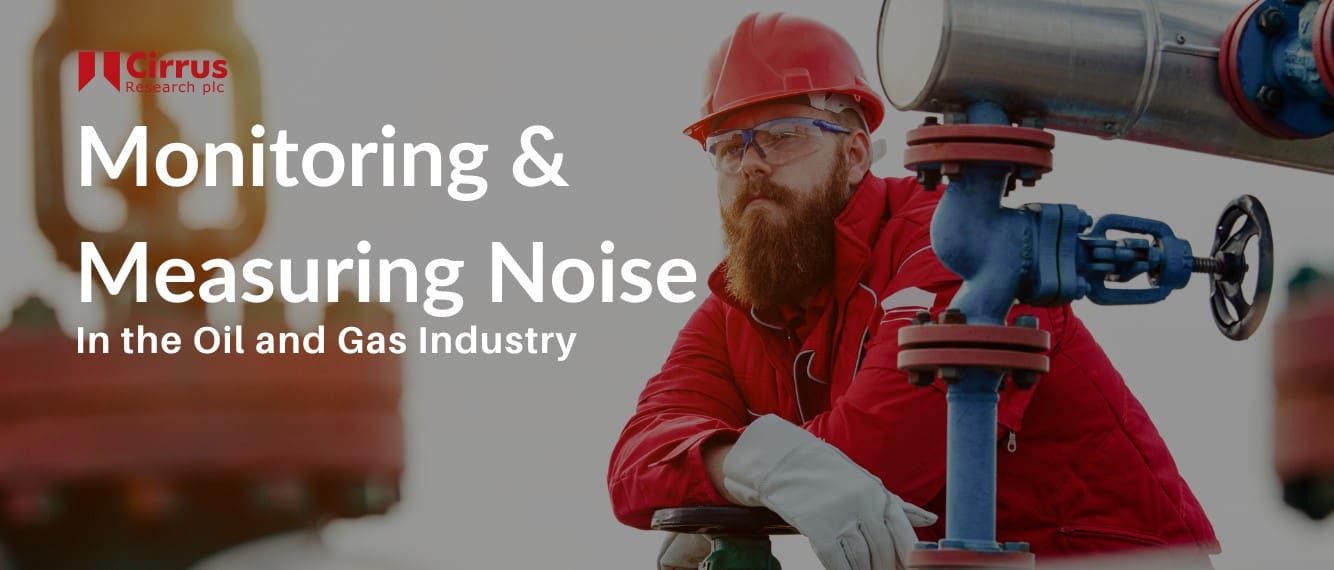Most people who have access to any form of social media or news outlet have become increasingly aware over the last few months, that we are killing our oceans with pollution – plastic, oil, sewage – but there is another form of pollution that doesn’t make the headlines quite as readily, and it’s time we started talking more openly about noise pollution and its effect on the oceans.
Under the surface there’s a beautiful chorus going on – a secret soundscape that humans rarely get to hear. It’s created by everything, from the haunting blue whale’s song, to tiny whoops made by lesser-known reef feeders. But the noise created by boats and underwater construction is drowning out this timeless orchestra and causing ever more problems for marine life. This isn’t the first time we have touched on this subject but, unlike plastic pollution, noise pollution doesn’t have the visual impact that’s needed to spark a social media outcry, and force action.
The world is relying on a small but dedicated band of marine biologists such as Dr Steve Simpson, who are researching noise pollution and its effect on the oceans. He is witnessing first-hand how fish and marine mammals are being affected as their natural sounds are being drowned out by man-made noise under the waves.
Fish rely on their acoustic world to listen and find habitats; they need it to navigate, find mates and communicate with each other when hunting, or avoid being hunted.
More recently, scientists were able to look at some of the world’s most famous reefs. They discovered the noisier the reef, the healthier it is. An underwater cacophony of tweets, clicks, squeaks and whoops means that aquatic life is in abundance and the community is thriving. Marine silence means the reef is dying.
“Fish will use sound as a way to impress each other, to find food or to avoid predators,” said Steve. “In the ocean it’s rare to see more than 100 metres, but distinct sounds can be heard for many kilometres”.
But whilst nature’s sounds travel so does man-made noise, which can easily drown out the natural ocean soundscape, making it difficult for fish to hear one another. This, in turn, affects their ability to find food and mates, causes stress and changes their behaviour. In busy shipping lanes, scientists have even come across physical damage in the largest of our planet’s mammals, the whales.
Unlike other pollution that enters our water, noise pollution is the easiest to tackle. Once the noise stops, it’s gone. We’re not left with detritus that continues to pollute and kill marine life for decades to come, as with plastic, oil and sewage.
Fortunately, scientists are now working with shipping companies to design boat engines that make less noise and so-called “quiet sanctuaries” are also being created in sensitive areas, for example, around whale migration routes or where mammals like to feed and mate. There is also another project called Given Time that is getting ready to help scientists by connecting them and other experts with some 4,000 sail boats, currently cruising the waves worldwide. Sail boats create minimal noise and these silent sailing communities can act as eyes and ears in some of the most remote places on Earth.
So, whilst scientists continue their work around the world’s oceans, recording sound, taking sea temperatures and mapping plastic waste, it is now hoped that the Given Time volunteers will swell the ranks of those wanting to get involved and make a difference to the future sea and noisescape of our planet.
You can find out about noise pollution and its effect on the oceans by going to: http://sailinggiventime.net/ or Facebook https://www.facebook.com/svgiventime/posts



